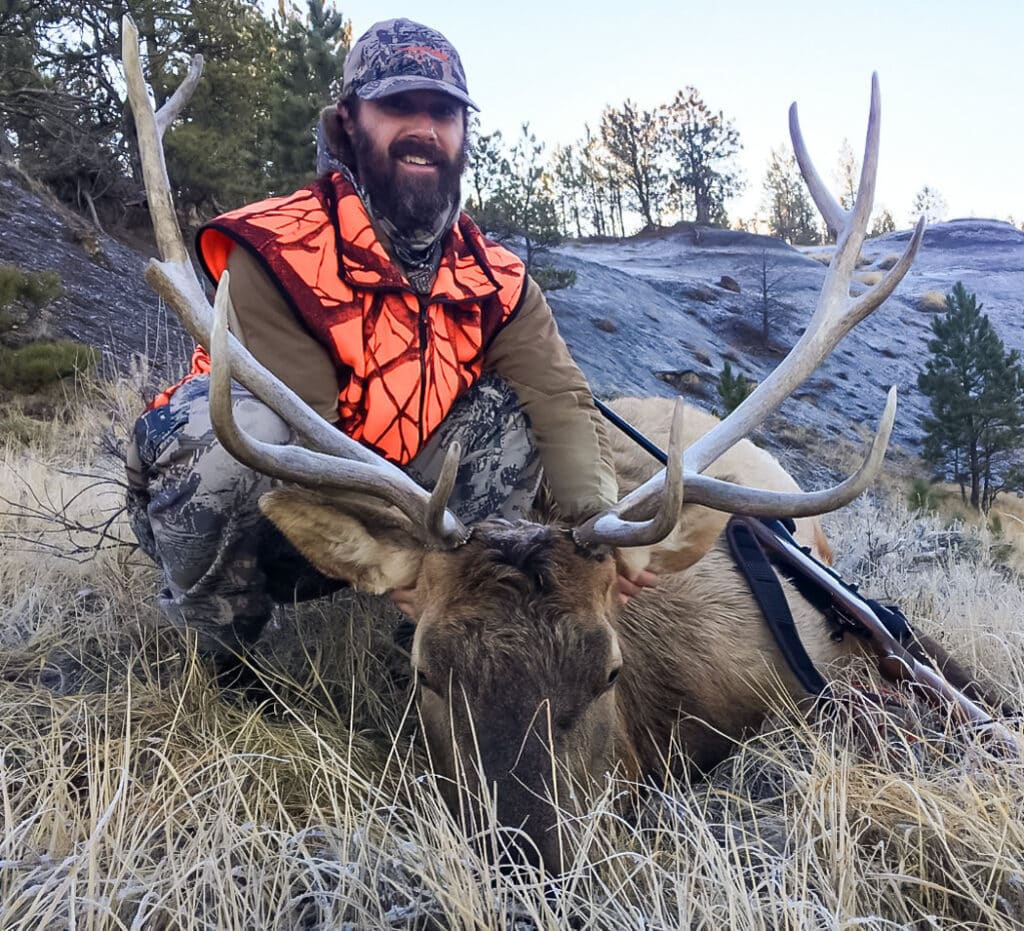
During a meeting last night at the Swan Lake Community Center, a packed room of Montanans from all walks of life made one thing abundantly clear: We love our National Forests.
Hosted by Lake County Commissioners, the meeting was held to inform and seek input from the public regarding the Swan Resource Management Study, which entails a controversial proposal by the Lake County Conservation District (LCCD) to turn 60,000 acres of the Flathead National Forest, all within Lake County, into a “conservation forest” to be managed “in trust” by the Montana Department of Natural Resources and Conservation (DNRC). Jim Simpson, Chairman of the LCCD, presented an overview of the proposal and answered questions from concerned citizens.
In response to a question, Simpson assured those in attendance that he was not advocating transfer of federal public lands, and that this plan is in “no way” associated with the American Lands Council, an organization that seeks to transfer federal lands to the states. The conservation forest, he said, will remain under federal ownership, but would be managed by the state in accordance with the same rules and regulation that govern management of state forests. All American citizens would maintain the right to enjoy all activities currently allowed on the land, he said, and the forest would resort back to Forest Service management in 100 years. Net revenues from management would be invested into the Swan Valley community for “conservation projects” on state, federal, private and tribal lands. The project would require Congressional approval.
“Management emphasis will be on reducing fuel levels and fire risks, managing the forest locally and collaboratively, and actively managing the forest to promote forest healthy,” Simpson said. “We want to generate income for Lake County, and put that money into conservation.”
At this stage, Simpson said, he is merely seeking comments from the public. “We want to find out, from you, if this project goes forward or not, before we approach the governor and the Montana Congressional delegation.”
Simpson showed a time-lapse video of the devastating Roaring Lion fire in the Bitterroot Valley this past summer, a wildfire that burned nearly 8,000 acres and destroyed 14 homes. He seemed to insinuate that the creation of a “conservation forest” would prevent such fires in the Swan Valley. However, there was no talk about forest-fire ecology; the historical and natural role of fire in creating and shaping western forests; how past management activities and climate change have contributed to recent increases in size, frequency and intensity of wildfires, and how the Forest Service has been actively engaged in collaborative efforts to reduce fire risks near and around homes and structures.
Some of the concerns and comments brought up by those in attendance: National Forests belong to all Americans, and all American should have a say on how they are managed; State management seems more driven by profit than protecting and enhancing wildlife habitat and clear, clean rivers and streams that are important to hunters, anglers and others; the Forest Service has a larger budget, and therefore more resources to better manage the forests and fight wildfires, and the state should seek to work collaboratively with the Forest Service to achieve goals rather than take over management of our National Forest lands.
In fact, just south of Swan Lake, a collaborative effort called the Blackfoot Clearwater Stewardship Project is bringing together a diversity of citizens with various interests – including hunters, anglers, business leaders, county commissioners, loggers, ranchers, snowmobilers, mountain bikers, environmentalist and others – to set aside their differences, find common ground, and manage National Forest and other lands in a manner that protects fish and wildlife and related recreational activities, reduces fire risks, and helps local communities. It seems preferable to turning our National Forest lands over to state management for 100 years.
Simpson says public comments will determine whether the project moves forward or not. To learn more, and provide input, go to: swanforestinitiative.org
David Stalling is the Montana Wildlife Federation Western Field Rep. Contact him at dstalling@mtwf.org

